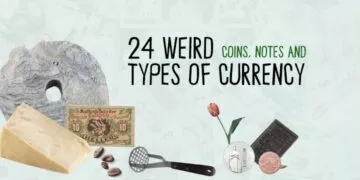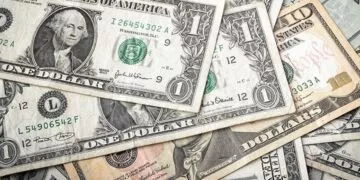From the very start of our lives, we have used money for more than our fair share of a lot of things.
For centuries, money has been spent from the most extravagant to the most mundane things.
But if there’s one thing for certain about money, it sure is incredibly hard to save!
Since it’s hard to scrimp for greenbacks, here are ten facts about money that you can pull out of your pocket.
They might not necessarily break the bank, but they can most definitely break the ice.
The original inscription on US pennies is the direct opposite of “penny for your thoughts.”
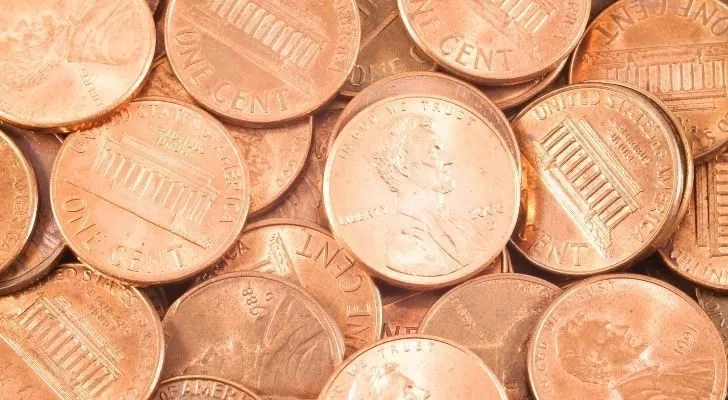
We’ve all heard the old idiom “penny for your thoughts;” it’s quite a lighthearted way to be asked what we’re thinking of.
But back in 1787, the very first American coin to be made was inscribed with something far sterner.
The Fugio Cent, the copper penny also known as the Franklin cent after its original designer Ben Franklin, had the currency imprinted with “Mind your business.”
While it is originally said to be more of a literal financial instruction rather than a snarky warning, it is still quite funny to think how it sounds now.
A penny costs more to make than it’s worth.
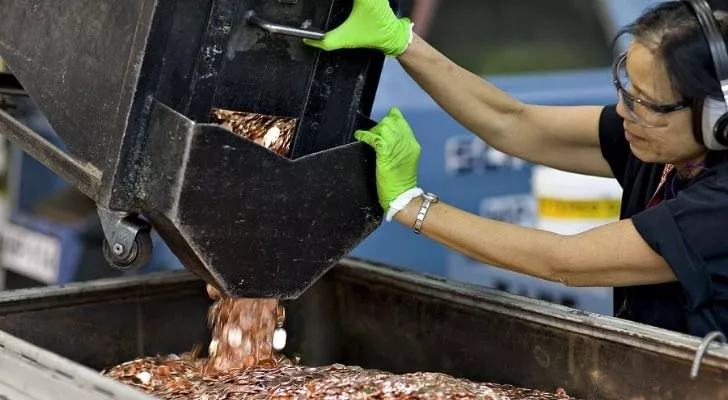
Speaking of pennies, it costs 2.06 cents to make a penny, while a nickel costs 7.53 cents to make.
It sure gives a new meaning to “it takes money to make money.”
There’s more Monopoly money printed than actual US currency.

Hasbro, the company that brought the popular board game to the world, has more Monopoly bucks printed out than real money in the US Federal Reserve.
The toymakers produce Monopoly money by the truckload, $30 billion, in fact, a paltry amount to the Bureau of Engraving and Printing’s $974 million annual production.
The Bible warned us about the evil of money.

“Money is the root of all evil” is a common phrase when talking about greed.
This age-old saying has become so widely popular that self-styled financial gurus have even actively tried to disprove it.
Where it originated is really interesting, though, because it came from The Holy Bible.
In 1 Timothy 6:10 it states, “For the love of money is the root of all evil: which while some coveted after, they have erred from faith, and pierced themselves through many sorrows.”
Now you have to admit; it is pretty hard to argue against The Holy Scripture!
The $2 bill is considered to be unlucky.
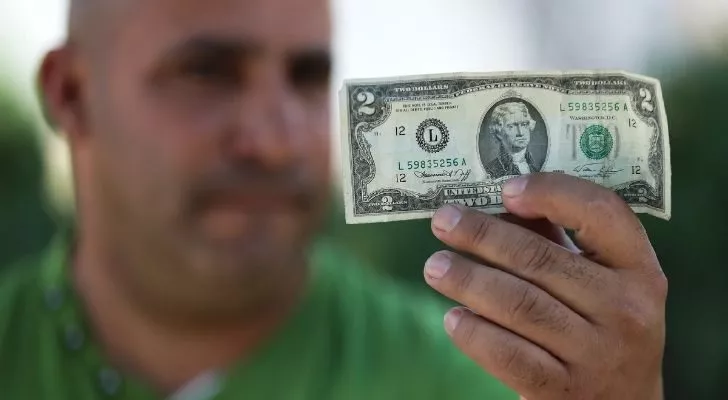
Considered rare, even if a billion of the bills are still in circulation today, the $2 bill is said to carry bad luck not because of superstition but because of its awkward denomination.
Its printing was discontinued back in 1966 but was again reinstated in 1976, strangely because the federal government wanted to cut down the number of bills being circulated.
Money has a surprisingly short lifespan.

Sure, the cash in your pocket right now has gone through several pairs of hands but it’s actually not that old!
Depending on its denomination and the transaction, a bill’s lifespan is surprisingly short, with most of it not even reaching its teens.
The US Federal Reserve estimates it thusly: with the $1 bill lasting only 6.6 years, the $5 bill 4.7 years, $10 5.3 years, $20 7.8 years, $50 12.2 years, and the $100 estimated to last 22.9 years.
Paper money is not really made out of paper.
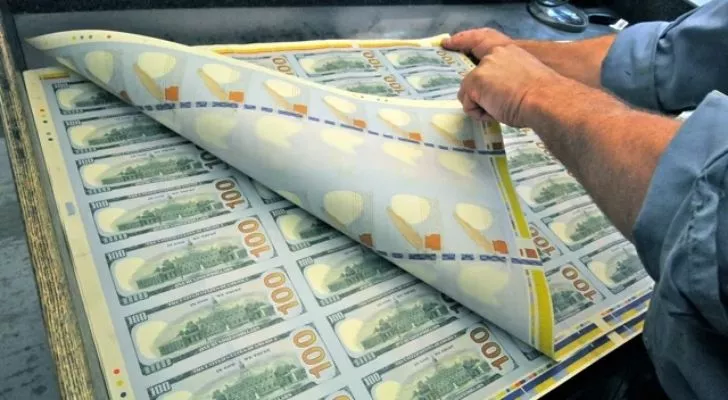
Unlike most paper, which is made out of wood pulp, money is made out of 75% cotton and 25% linen.
Back in the days of Ben Franklin, people would even repair torn bills with a needle and a thread.
Now that’s definitely one way to lengthen money’s short lifespan!
The grooves on coins have a purpose.
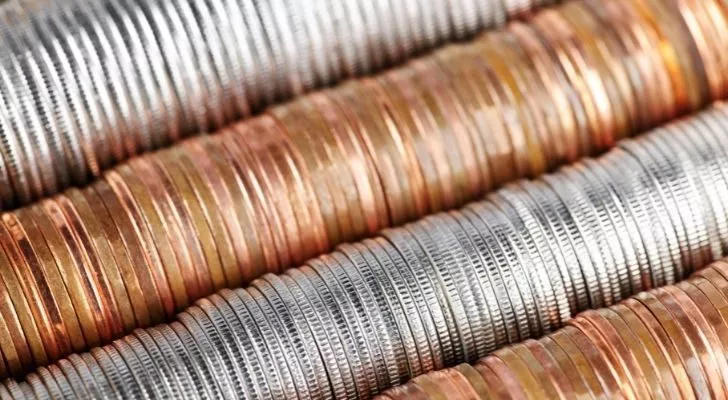
Most of our coins have these ridges around them called reeded edges, and they serve an essential purpose that helps prevent counterfeiting and fraud.
The way it works with fraud, such as with coins made out of silver or other precious metals, is it prevents coin clipping where one shaves off the rims and the shavings sold for profit.
This is barely detectable without the reeded edges and devalues the currency.
Security threads on bills glow differently.
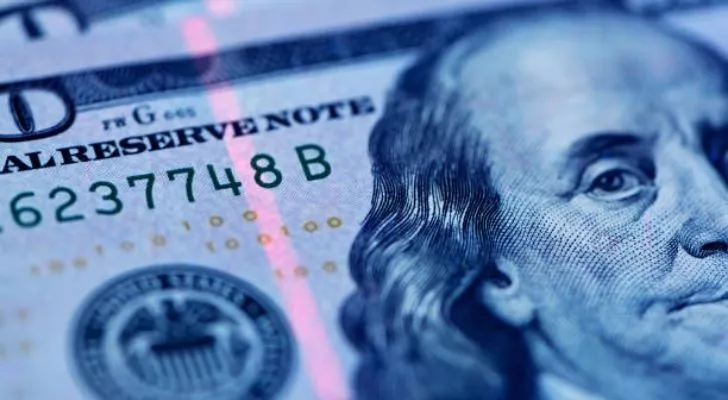
Bills have a unique security thread embedded in it.
These can be seen under a UV light with each of the security threads glowing differently depending on the denomination.
This helps protect from counterfeiting.
During the civil war, postage stamps replaced coins due to a shortage.
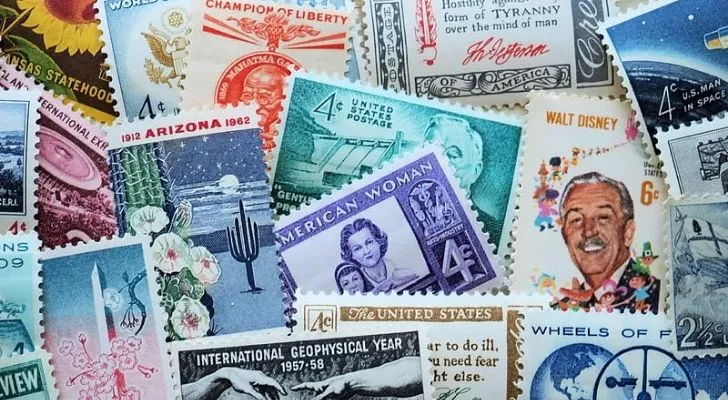
The civil war brought about a lot of things and one of them is the shortage of coins.
Back then coins were still made out of gold and silver, making them far more precious hence why people tended to hoard them.
The government then decided to address this shortage by letting people pay their debts using postage stamps.
Funnily enough, though, this too has caused a shortage of stamps.
Money has been known to make the world go round, but there’s actually more to it than a crisp piece of paper.
So the next time you hand over your hard-earned cash at the store, think of these facts and the history surrounding banknotes.


